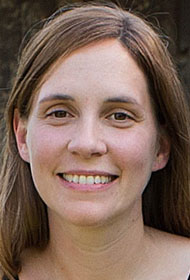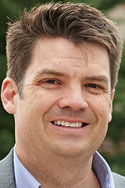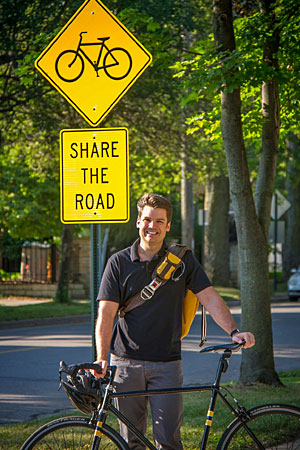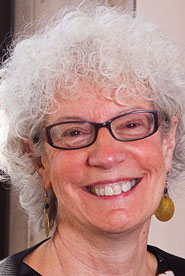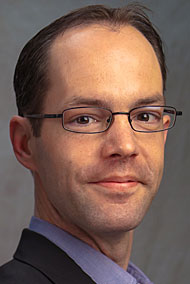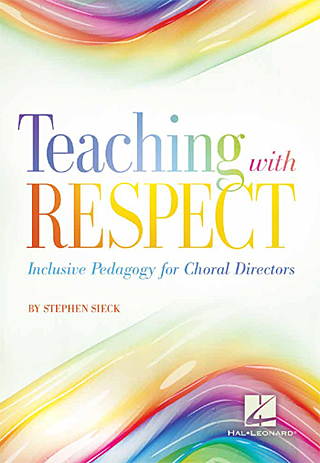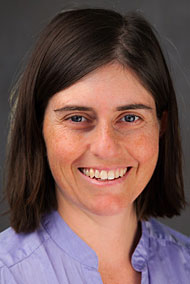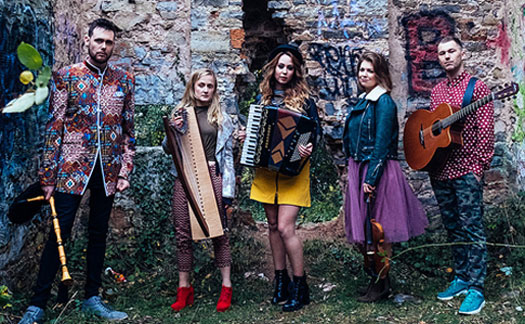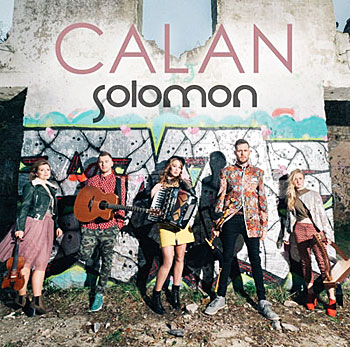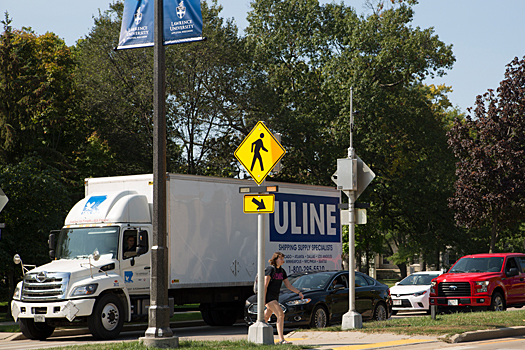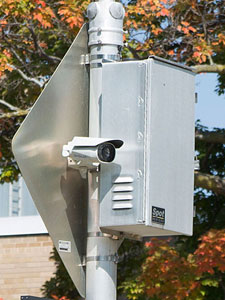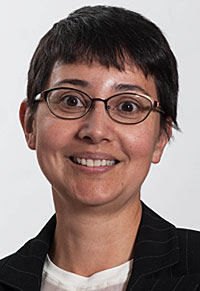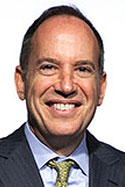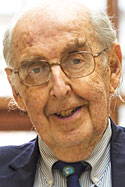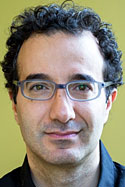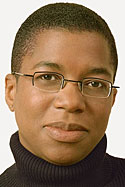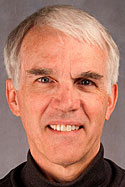In conjunction with his show “Aureole” in the Kohler Gallery, Patrick Earl Hammie delivers the opening talk for Lawrence University’s Wriston Art Center Galleries’ latest exhibition Friday, Sept. 29 at 6 p.m.
A reception follows Hammie’s remarks. Both are free and open to the public. The new exhibition runs through November 17.
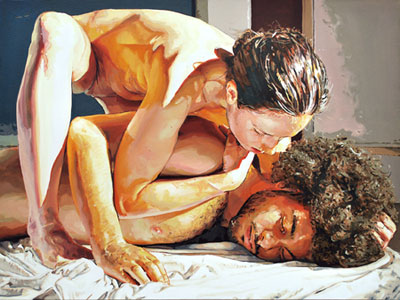
A native of New Haven, Conn., Hammie is known for his large-scale portrait and figurative paintings, through which he examines topics such as cultural identity, social equity and aspects of gender and race. With interests in the history of painting, he applies historic conventions in a contemporary context to create fresh ideals of bodies of color and women. “Aureole” is featured in the Kohler Gallery.
An associate professor at the University of Illinois at Urbana-Champaign, Hammie has been recognized as an “Artist to Watch” by the International Review of African American Art. His work has been exhibited throughout the U.S. and abroad, and is included in several prominent collections including the J.P. Morgan Chase Art Collection, John Michael Kohler Art Center and the William Benton Museum of Art in Connecticut.
The Hoffmaster Gallery hosts “Our Trans Family,” an exhibition of photography and text reflecting the worth and dignity of transgender people. The project is a partnership between Cream City Foundation and “For Good” Photography, which worked with several organizations throughout Wisconsin to capture a broad range of transgender people in an effort to show them as they express themselves and with the support of their natural or chosen families of support.
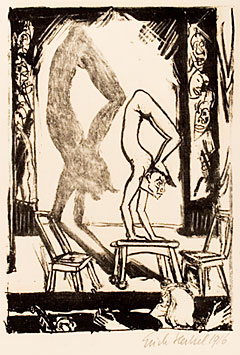
Curated by 2017 graduate Kali Steinberg, “Mirth & Melancholy: The Circus in Modern Art” will be shown in the Leech Gallery. Works in the exhibition are drawn primarily from Lawrence’s La Vera Pohl Collection of German Expressionism and includes works by Marc Chagall, Otto Mueller and Erich Heckel. The featured prints and paintings reflect artists’ fascination with the circus, both the entertaining side and the sad, often revealing their own contradictory feelings about the rapidly changing world.
The Wriston Art Center is open Tuesday-Friday 10 a.m. – 4 p.m.; Saturday-Sunday noon – 4 p.m.; closed Mondays. Free and open to the public.
About Lawrence University
Founded in 1847, Lawrence University uniquely integrates a college of liberal arts and sciences with a nationally recognized conservatory of music, both devoted exclusively to undergraduate education. It was selected for inclusion in the book “Colleges That Change Lives: 40 Schools That Will Change the Way You Think About College.” Engaged learning, the development of multiple interests and community outreach are central to the Lawrence experience. Lawrence draws its 1,500 students from nearly every state and more than 50 countries.
